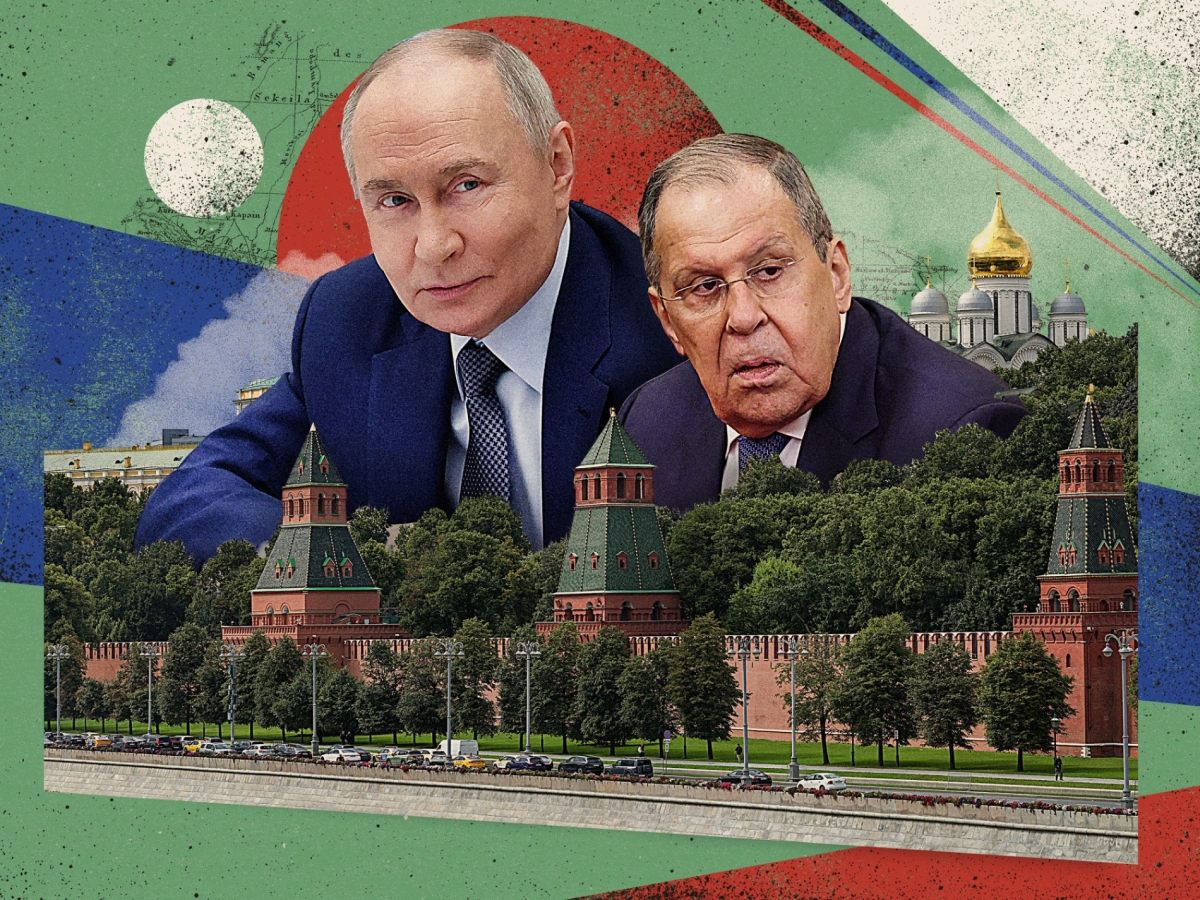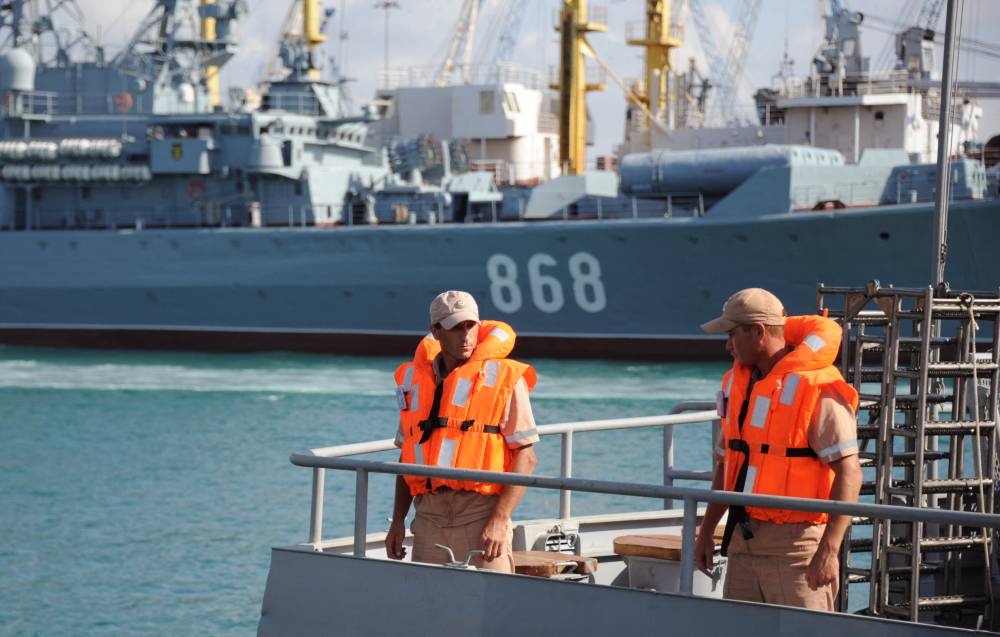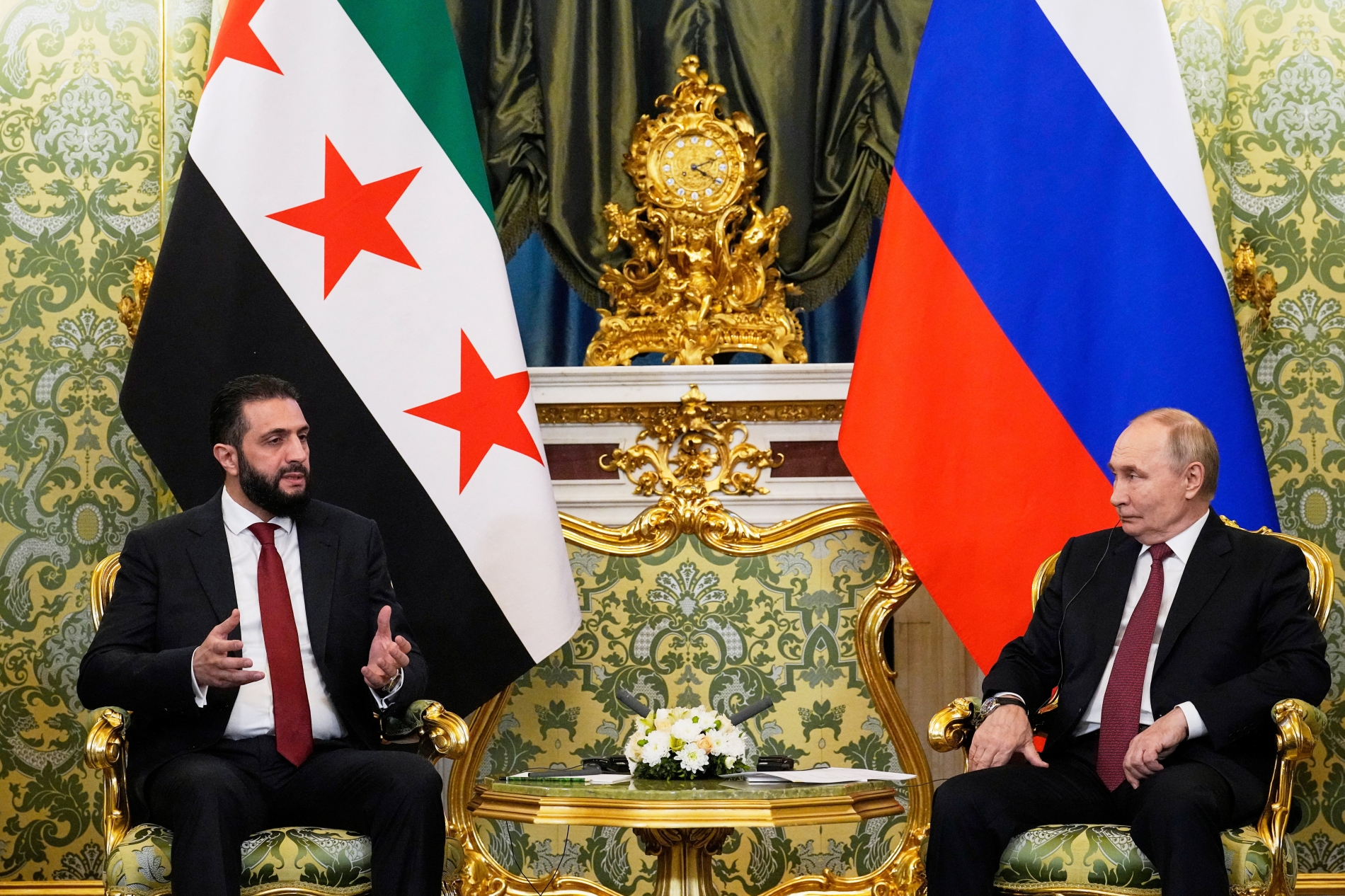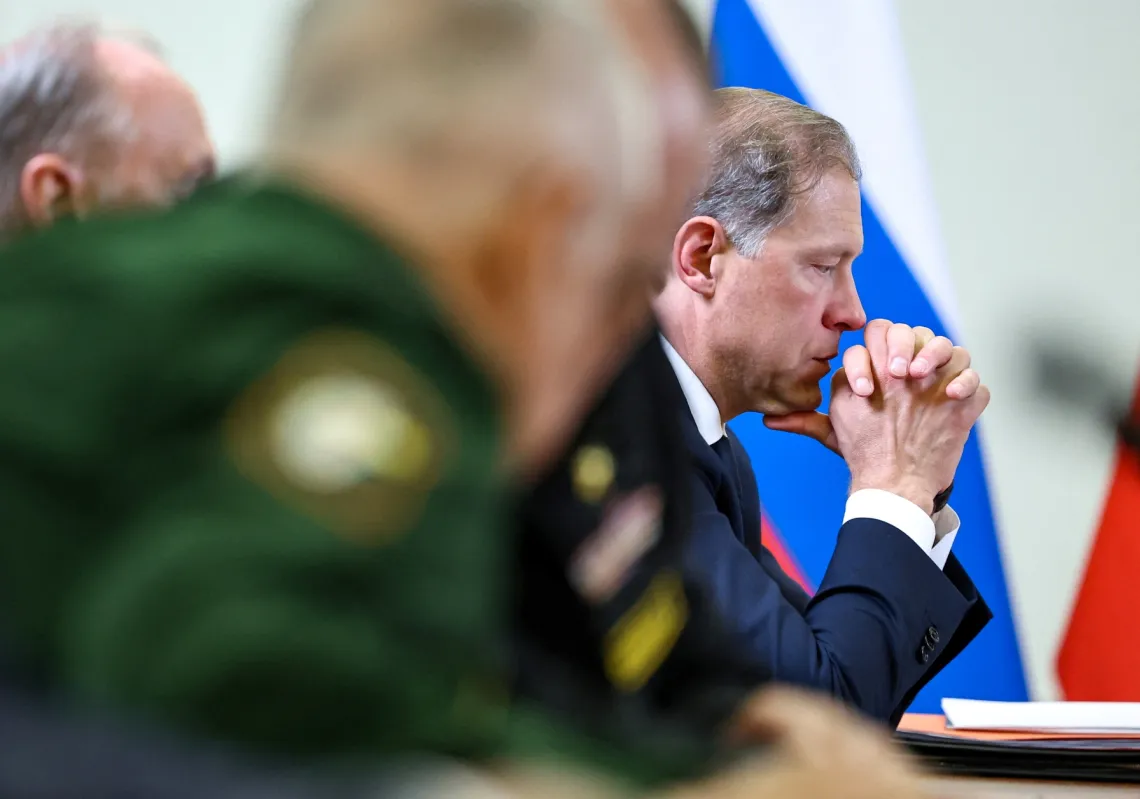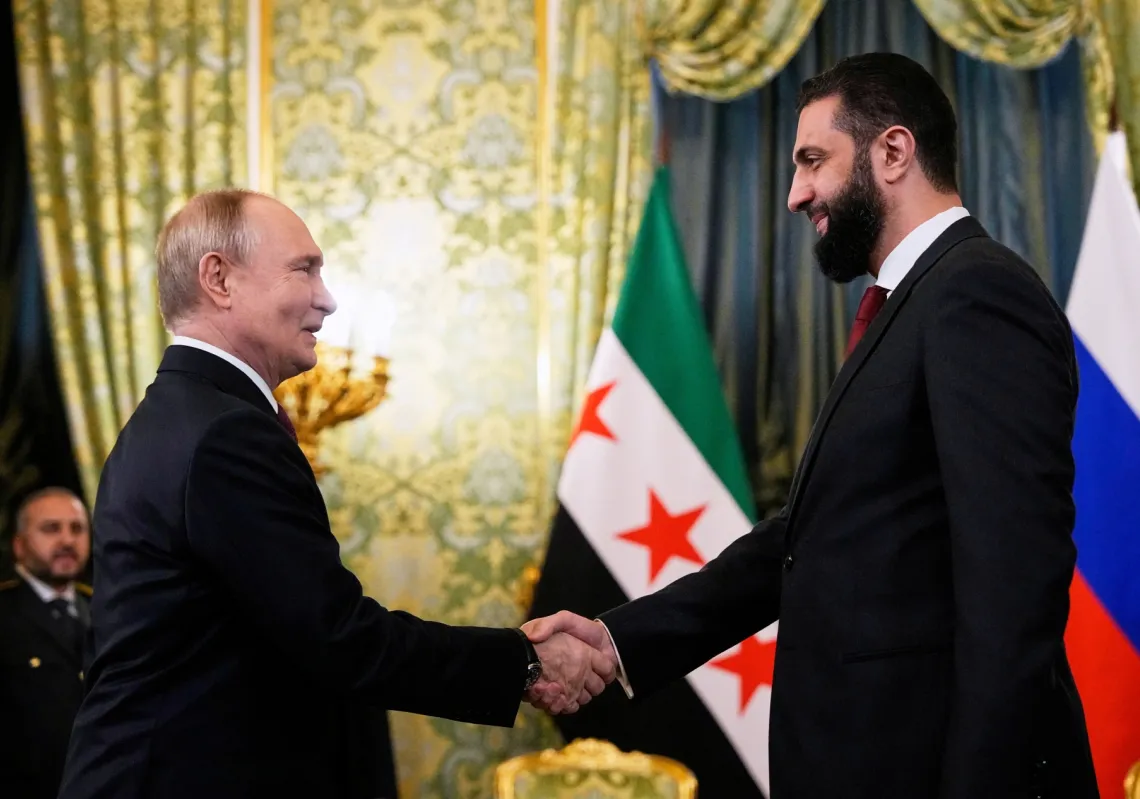In March 2023, the Kremlin unveiled its latest Foreign Policy Concept (FPC) document proclaiming Russia’s return as a world power with “a unique mission in maintaining a global balance of forces”. As part of this, it envisioned Moscow acting as an indispensable mediator and security architect in the Middle East. To Iran, it promised “full-scale and trustful cooperation”. To Syria (then ruled by Bashar al-Assad), it offered “comprehensive support”. To the likes of Saudi Arabia, Türkiye, and Egypt, it spoke about “deepening multifaceted, mutually beneficial partnerships”.
The FPC aspired to position Russia as the Middle East’s peacemaker, capable of “reconciling differences and normalising relations” between rivals and establishing “a sustainable, comprehensive, regional security and cooperation architecture”. Just over two years later, things sound very different. From Gaza to Syria, Lebanon to Iran, Moscow is maintaining a noticeably constrained presence, suggesting a divergence between strategic ambition and operational reality.
This reveals a fundamental truth: that Russia’s pragmatic retreat from Middle Eastern engagement represents not a change in desire, but a recognition of capacity. The Ukraine conflict has forced Moscow into a strategic recalculation, pivoting from regional power broker to limited partner. In foreign policy circles, its new approach is sometimes called ‘strategic transactionalism’—one that combines pragmatic, interest-driven cooperation with ambitions for deeper alignment, yet remains constrained by competing priorities and limited resources.
Russia’s 2023 FPC represented a shift in orientation. For the first time since the Soviet Union’s collapse more than 30 years ago, the language of confrontation with the West overrode the language of cooperation. Moscow feels that the international order is becoming multipolar. For the Kremlin, this meant there was a “shifting (of) development potential to new centres of economic growth and geopolitical influence”.
Russia sees the Middle East as a critical theatre for challenging Western hegemony. The FPC’s implementation, however, combines ambitious rhetorical alignment with carefully limited commitments. Nowhere is this clearer than in Russia’s relationship with Iran. The pair signed a Comprehensive Strategic Partnership Treaty in January 2025 covering cooperation across multiple areas, but notably omitted a mutual defence clause that Iran had sought.
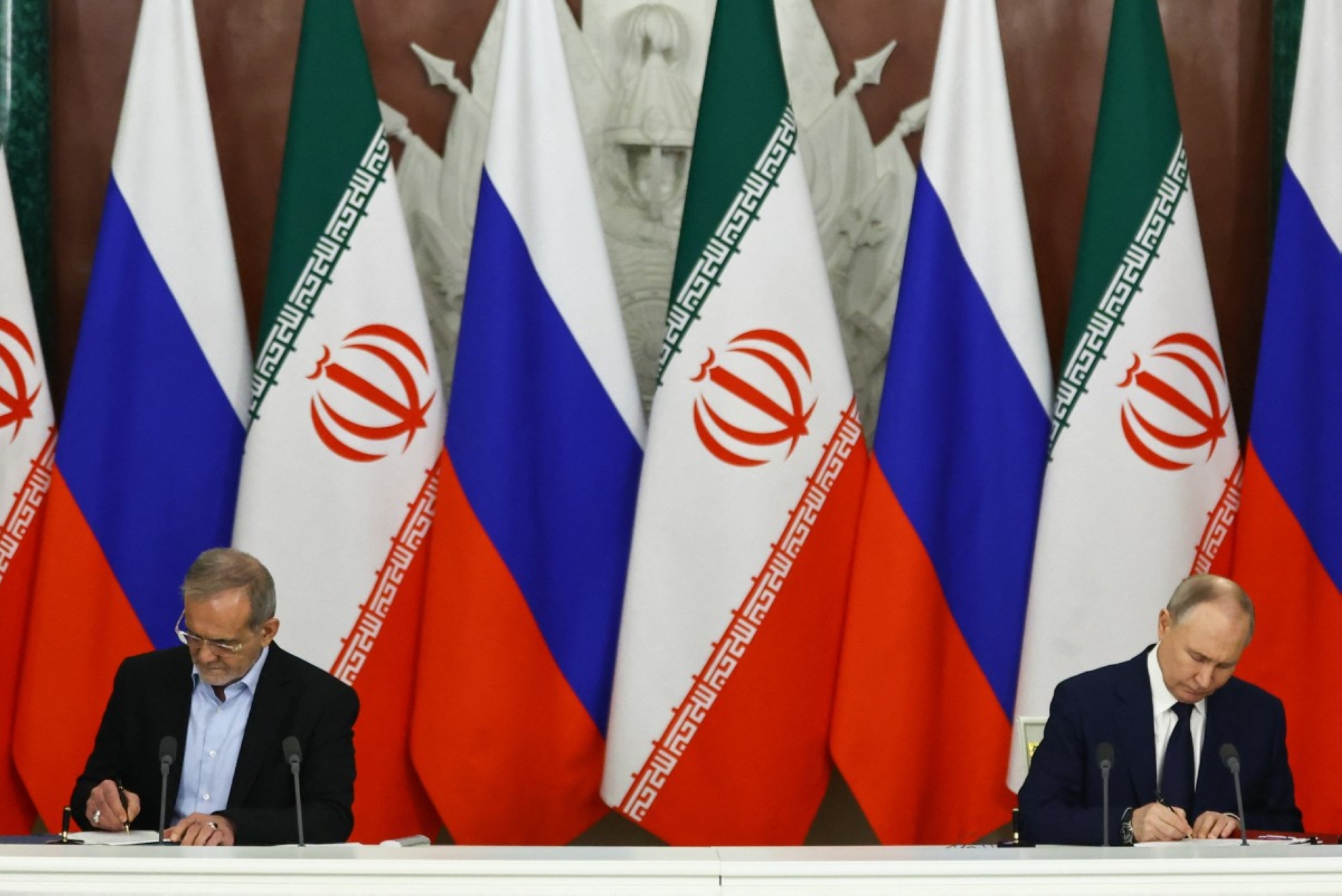
Ukraine war drain
The pursuit of formalistic upgrades in relationships while avoiding substantive commitments is now a familiar one to Moscow. Avoiding the overextension of Russian resources has become the hallmark of its Middle Eastern policy. The ongoing Ukraine war acts as a huge drain on resources, forcing Russia to prioritise immediate security concerns over distant ambitions.
For some analysts, Russia lacks the financial, human, and cultural resources for regional leadership, yet positions itself as the 'anti-West' option for Middle Eastern nations that may have fallen out with Washington and others. The 2023 FPC presents Russia as a distinct "state-civilisation" with historical claims to global influence, positioned to challenge Western hegemony through strong partnerships in the Islamic world.
This ambitious framework proposed strategic depth through deepened ties with the likes of Iran, Syria, Türkiye, Saudi Arabia, and Egypt, while leveraging historical relationships with Palestinian factions and Israel. What makes Russia's subsequent retreat so telling is that it occurred despite the FPC's theoretical prioritisation of Middle Eastern engagement.
The document discusses "countering the expansionist plans of the United States and the collective West," so analysts expected this to translate into robust regional involvement. Yet the resource drain from Ukraine has put the brakes on. The Middle East is now a secondary theatre not by choice, but by necessity—a classic case of strategic overreach meeting operational limitations.


